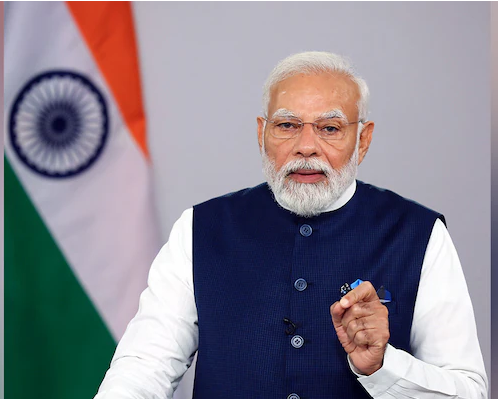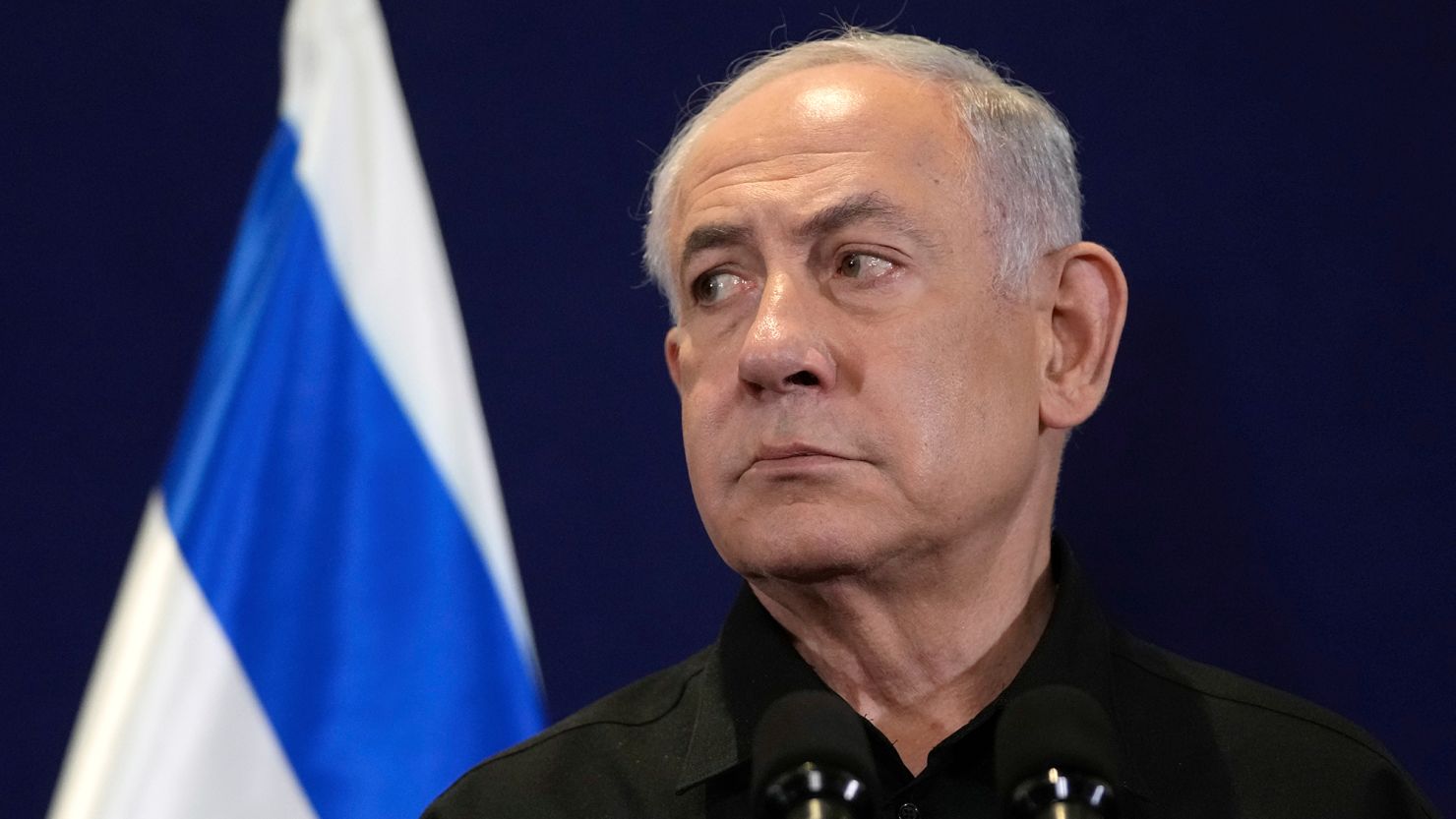First spy satellite of North Korea is alive and can manoeuvre in space: Experts

NEW DELHI: North Korea's first spy satellite, which it launched in November 2023, is "alive", the space experts on Tuesday (Feb 20) said after they detected changes in its orbit.
The latest development indicates that Pyongyang is successfully controlling the spacecraft. However, its capabilities remain unknown.
After its launch in the month of November, North Korea claimed that the satellite had captured images of sensitive military and political sites in South Korea, the United States and elsewhere, but has not released any pictures.
Although, the independent radio trackers have not yet detected signals from the satellite.
"But now we can definitely say the satellite is alive," Marco Langbroek, a satellite expert at Delft University of Technology in the Netherlands, wrote in a blog post.
From Feb 19 to 24, the satellite conducted manoeuvres to raise its perigee from 488 km to 497 km (303.2 miles to 308.8 miles), said Langbroek, citing data from the US–led Combined Space Operations Center.
"The manoeuvre proves that Malligyong-1 is not dead and that North Korea has control over the satellite - something that was disputed," he said.
South Korea's Defence Ministry also released a statement saying that it had assessed that the satellite was in orbit, however, it stated that it would not share any remark on the individual analysis.
On Monday, Defence Minister Shin Won-sik said that the satellite was not showing any signs of performing other tasks or engaging in reconnaissance.
"While we indeed currently cannot be sure whether the satellite does successfully take imagery, it at least performs orbital manoeuvres, so in that sense it is functional," Langbroek wrote of Shin's comments.
He said that the orbit-raising manoeuvre was a surprising development as the presence of an onboard propulsion system was not expected and the satellites that were launched by North Korea previously never manoeuvred.
"Having the capacity to raise the satellite's orbit is a big deal," Langbroek said.
Harvard astronomer and orbital tracker Jonathan McDowell, according to news agency Reuters, said that the satellite appeared to be fixing its position in space as it moved to the same spot where it was shortly after the launch, instead of making a hostile progression towards another country's satellite.











